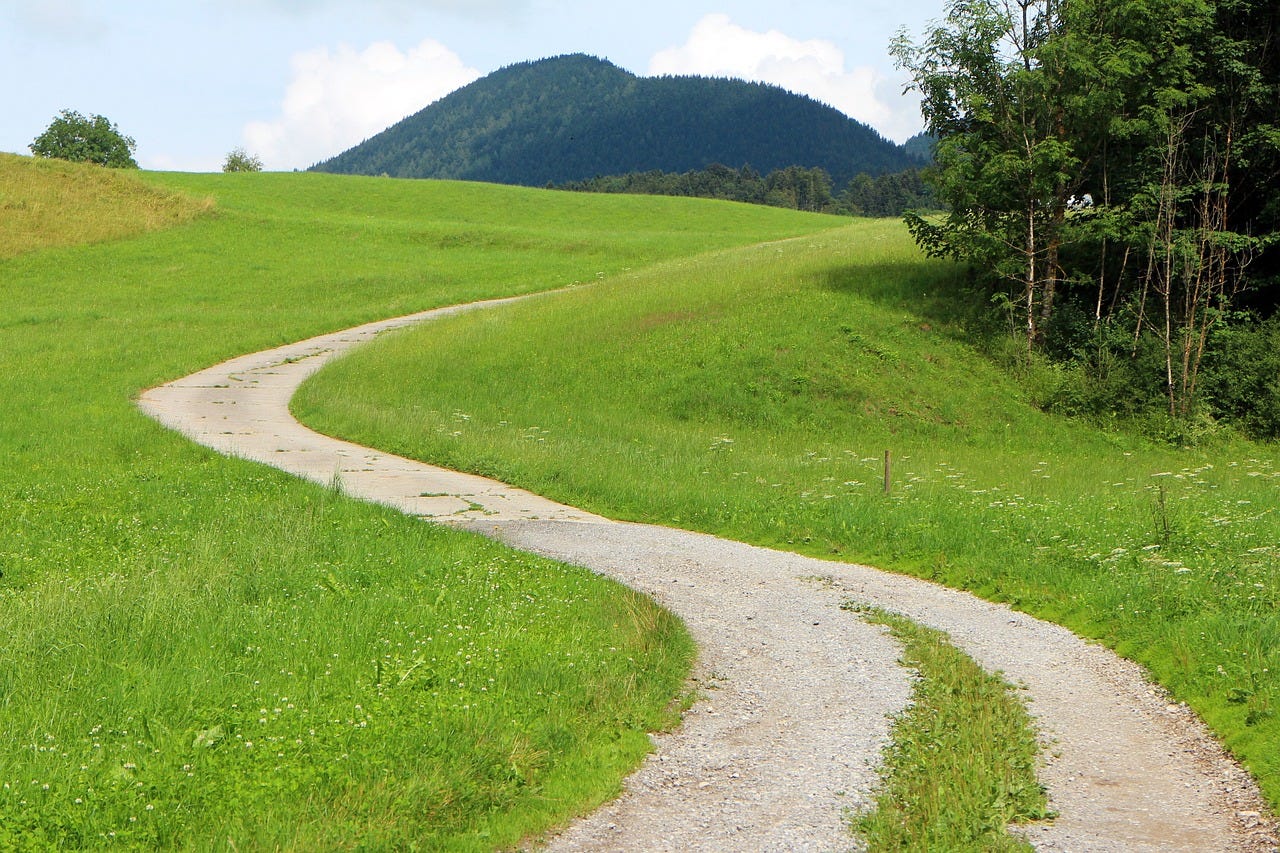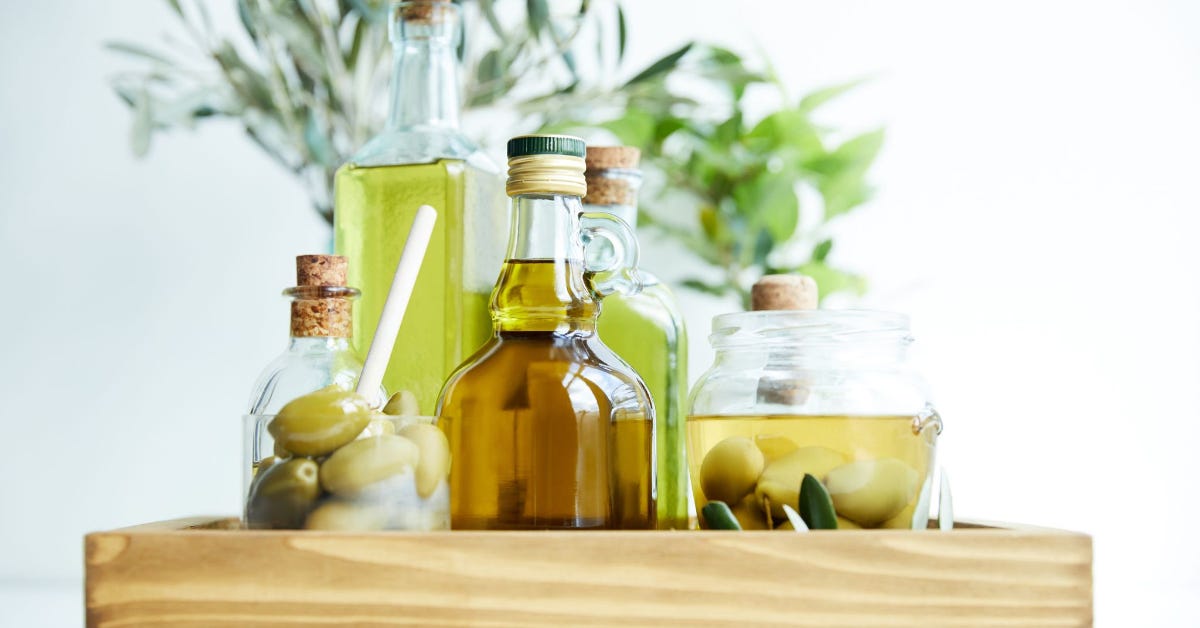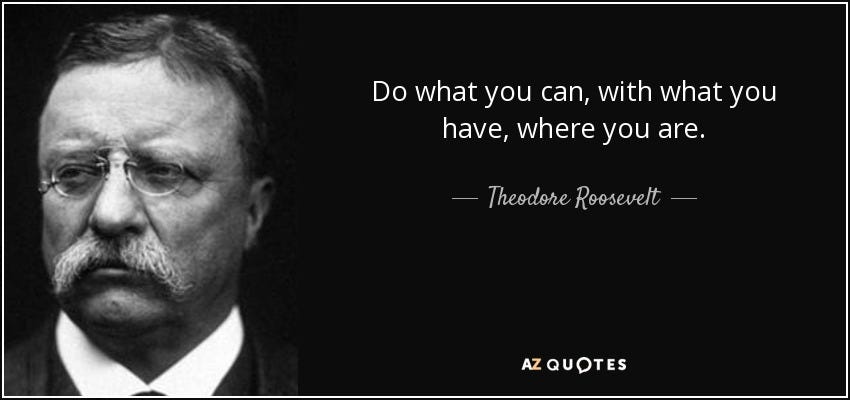Today I’m writing this article while sitting on my back porch under blue skies and sunshine, with flowers in bloom, birds chirping, and a soft breeze blowing through my thick locks of hair. :)
It’s springtime here in Indianapolis.
But Spring also brings comparison and I’m reminded this morning that no matter how many weeds I pull, and no matter how hard I try, my lawn will never compare to my neighbor’s lawn across the street.
It is perpetually lush and vibrant. It’s marked by health. It is a paradise of blooming plants and flowers. There are never any weeds or dead patches.
Ever hear the phrase, “The grass is greener on the other side”? In my neighborhood it’s not just a saying. It’s a reality.
Granted, the color of one’s grass may seem unimportant in the grand scheme of things, but it does present an age-old challenge.
How do we overcome a scarcity mindset that compares our lack of resources to another’s blessing?
I’ve heard it said, “If the grass is greener on the other side, water your grass.” Perhaps the answer to greener pastures is to recognize the blessings God has already given.
What Do You Have?
At first glance, the story of the Widow’s Oil in 2 Kings 4:1-7 has absolutely nothing to do with suburban lawns or greener pastures. And yet, I think there is a principle here that can help us.
Let’s read it together.
“1 The wife of a man from the company of the prophets cried out to Elisha, “Your servant my husband is dead, and you know that he revered the Lord. But now his creditor is coming to take my two boys as his slaves.”
Can you hear her desperation?
Her husband is dead, and she can’t pay back the debts that have been accumulated. A leading secular historian named Josephus believes this widow is none other than the wife of Obadiah, the prophet of Ahab. It’s assumed he borrowed the money to extend support to the hundreds of prophets he kept in hiding.
Regardless, the widow has a problem.
According to the Law of Moses, if a person was unable to pay their debts, the creditor had the right to take their children. Visa is planning to send a couple of thugs her way to enslave the boys.
Elisha asks an important question.
“2 Elisha replied to her, “How can I help you? Tell me, what do you have in your house?” “Your servant has nothing here at all,” she said, “except a small jar of olive oil.”
Notice what Elisha doesn’t do for her.
He doesn’t go to his bank account to write her a check. He doesn’t use his connections to set up a fund in memory of her deceased husband. He doesn’t use his prophetic gifts to give the widow the numbers to a winning lottery ticket.
Instead, he helps her rethink the situation.
Rather than looking everywhere else for the solution, he asks, “What do YOU have in YOUR house”? So many times, we are tempted to look at what everyone else has. But Elisha asks, “What do YOU have?”
The widow doesn’t think she has anything of value. “Your servant has nothing here at all”, she says.
We often say the same.
I’m not as gifted
I don’t have the education.
I don’t have the financial resources.
I was never blessed with good looks.
I haven’t had the opportunities.
I don’t have the charisma.
But then she pauses. Wait a minute, she says. I do have one thing. I do have “a small jar of olive oil.”
What Will You Do?
She has a small jar of olive oil.
The history of the Middle East tells us that olive oil was a very important part of the economy. It was most commonly used for food, but also as medicine, cosmetic use in religious ceremonies, oil for anointing kings, and as a source of light. When it was prepared and stored properly, it had a long shelf-life and could be traded like currency.
Granted, she only had a small jar of oil, but it had potential.
3 “Elisha said, “Go around and ask all your neighbors for empty jars. Don’t ask for just a few. 4 Then go inside and shut the door behind you and your sons. Pour oil into all the jars, and as each is filled, put it to one side.” 5 She left him and shut the door behind her and her sons. They brought the jars to her and she kept pouring.”
Elisha helped this woman identify her assets, acknowledge them, and then surrender them to the Lord.
She would begin with what she had and then work to collect dozens if not hundreds of jars. She then brought the empty jars to the Lord, took her “small jar of olive oil” and started pouring.
What happened next was nothing short of miraculous.
The oil began to multiply to two jars and then three jars, five jars, and ten. Can you imagine her expression as the oil continued to flow? Can you imagine the excitement of her boys as they watched mom’s face turn from sadness and weariness to laughter and excitement?
The widow thought the solution to her problems was found in rescue or escape.
God provided another way.
The Principle in Action
When challenges arise in life and ministry our first temptation is often to look elsewhere and seek greener pastures.
But the first question to ask is, “What do YOU already have?” What has God already given you and how will you allow God to use it for his glory?
This principle is found throughout the Bible.
When a hungry crowd of well over 5,000 people began to gather, the disciples wanted to turn the crowds away to go find their own food. There was no way they could feed them all.
Jesus turned to the disciples and asked, “What do YOU have?” They noticed a young boy had five loaves and two fish and gave them to Jesus. He multiplied the gift by performing an incredible miracle.
Samson was surrounded by hundreds of Philistines on every side with no plan of attack. It looked hopeless until God showed him something small. “What do YOU have?” He found the jawbone of a donkey nearby and slayed over 1,000 Philistines with supernatural strength.
When David faced Goliath, people didn’t think he had what it took to slay the giant. They tried to outfit him with the armor of another. Instead, I imagine God spoke to David, “What do YOU have?” and he grabbed a sling and five smooth stones, using the gifts he had already been given. You know the rest of the story.
Then there is Moses. In Exodus 3 he complained that he had no idea how he could ever deliver the Israelites. The Lord asked him a simple question a chapter later, “What is that in your hand?” It was a simple shepherd’s staff. But when Moses finally surrendered it to the Lord, he used it to part the Red Sea and perform mighty miracles to deliver the Israelites out of Egypt.
It’s so easy to get overwhelmed with what we don’t have. But what do you have?
If you are a follower of Christ, you have redemption through his blood, access to the throne of God, the right to be a child of God, eternity living inside of you, abundant life, the fruit of the Spirit, his anointing, and so much more. You serve a God who is able to do immeasurably more than you could ask or imagine.
The story of the Widow’s Oil should cause us to take inventory of the things we have already been given, surrender them to the Lord, and allow him to multiply his gifts.
Teddy Roosevelt, one of my favorite presidents was once quoted as saying, “Do what you can, with what you have, wherever you are.”
A Final Note for Pastors
But if you are a pastor or ministry leader, I would encourage you to change the question. Replace the WHAT with a WHO.
WHO do you have?
Who has God already given you in your church? You have men and women sitting in your congregation that are gifted, eager, and ready to be mobilized. It may appear like only a “small jar of olive oil”, but what will you do with who you have been given?
It’s easy to get fixated on the larger church down the street or the more gifted worship team and the stronger staff. But God has given you some amazing people.
Trust God with who you have.
It’s easy to think, “The grass is greener on the other side” or fall into the trap of always looking for “greener pastures”.
Before you fall into that trap, I want you to consider another question.
What has God already given you? Who has God already given you?
Mobilize your people. Train them to make disciples. Take inventory of the people God has already blessed you with, and steward them for ministry.
God has already given you the answer to the challenges you are facing and it’s not found somewhere else.
It’s stewarding what you have already been given.









These words and thoughts are quite meaningful to me. I have been materially blessed, but I have not fully recognized or appreciated the other gifts God has given me. I now feel prompted by God to engage in a more meaningful way with a grandchild who admires me.